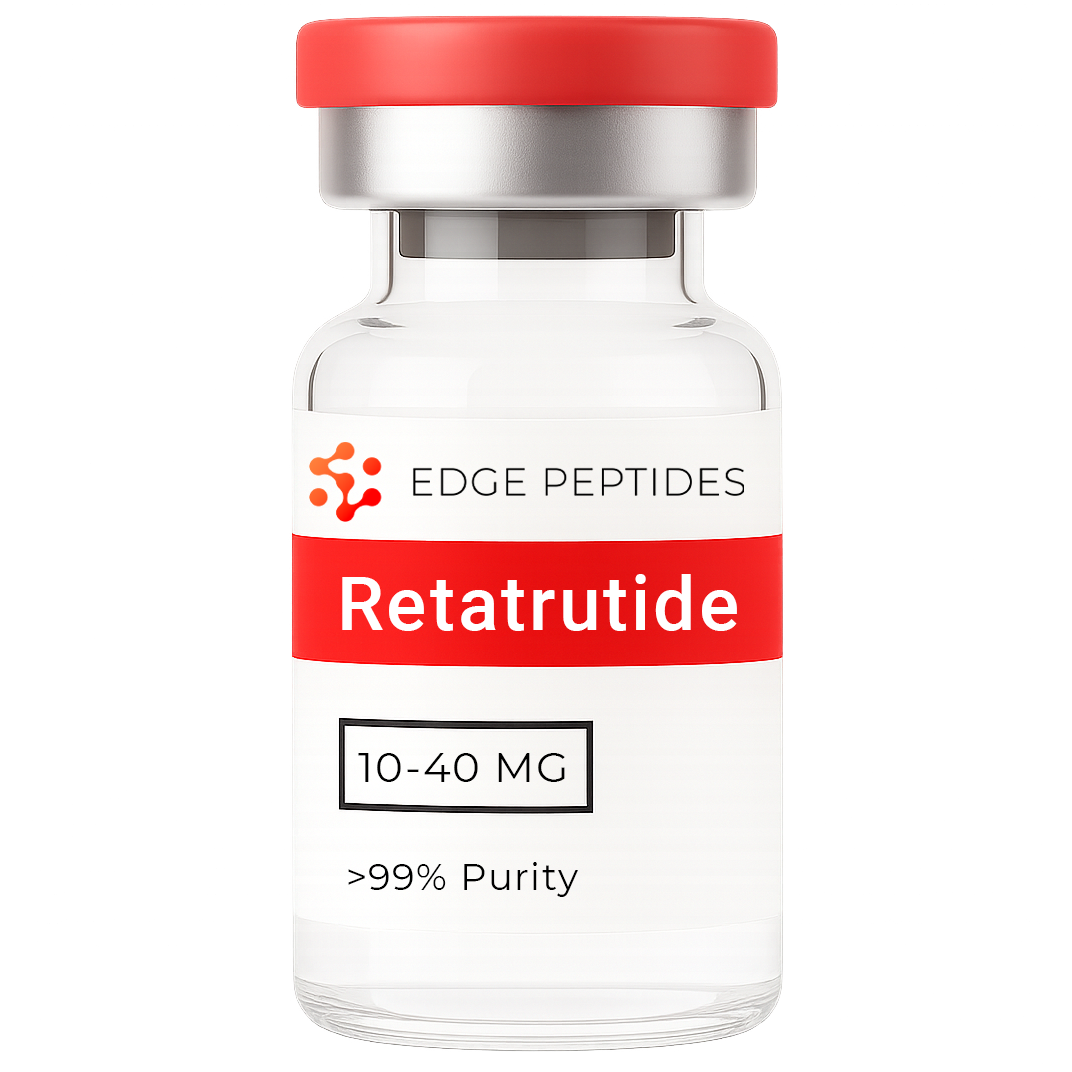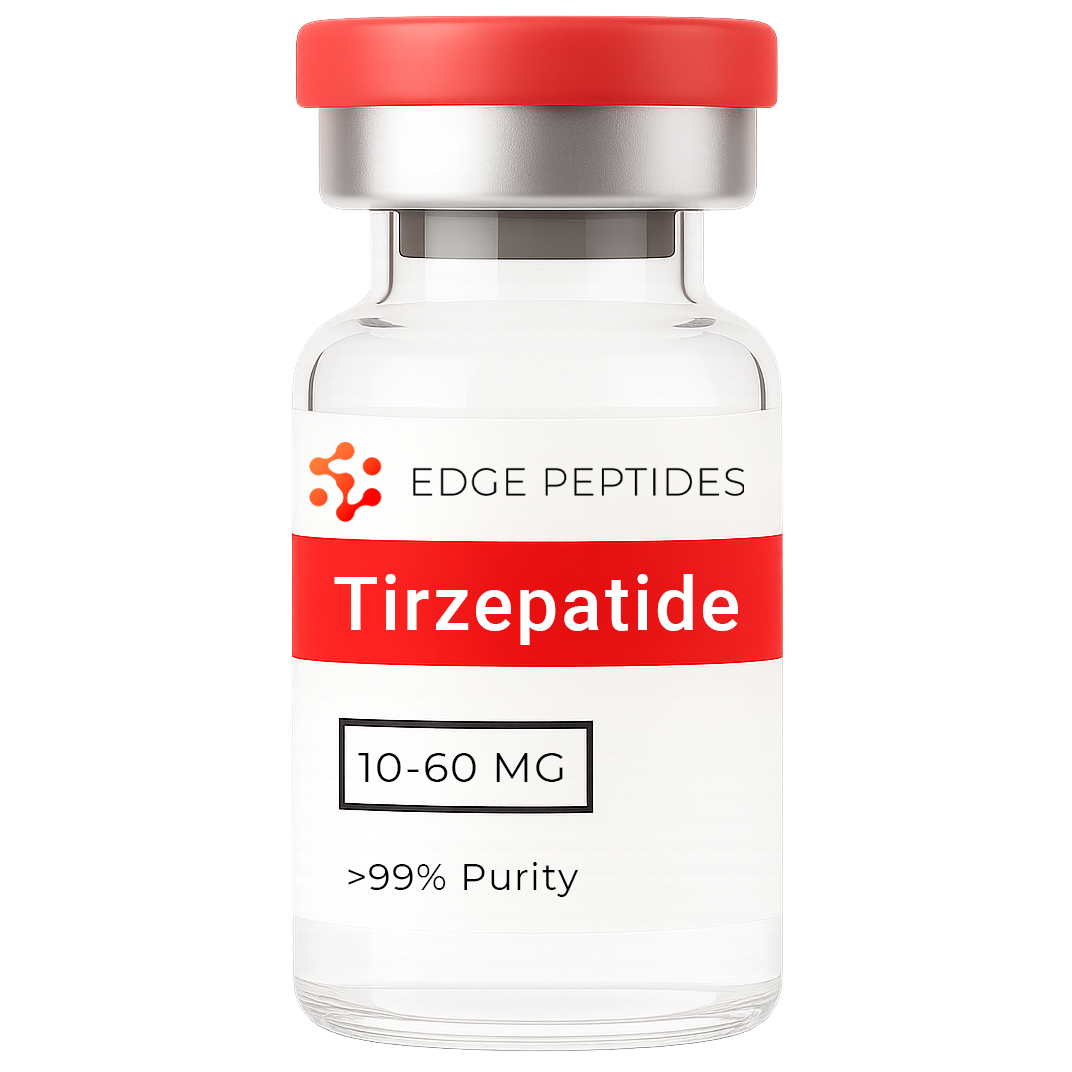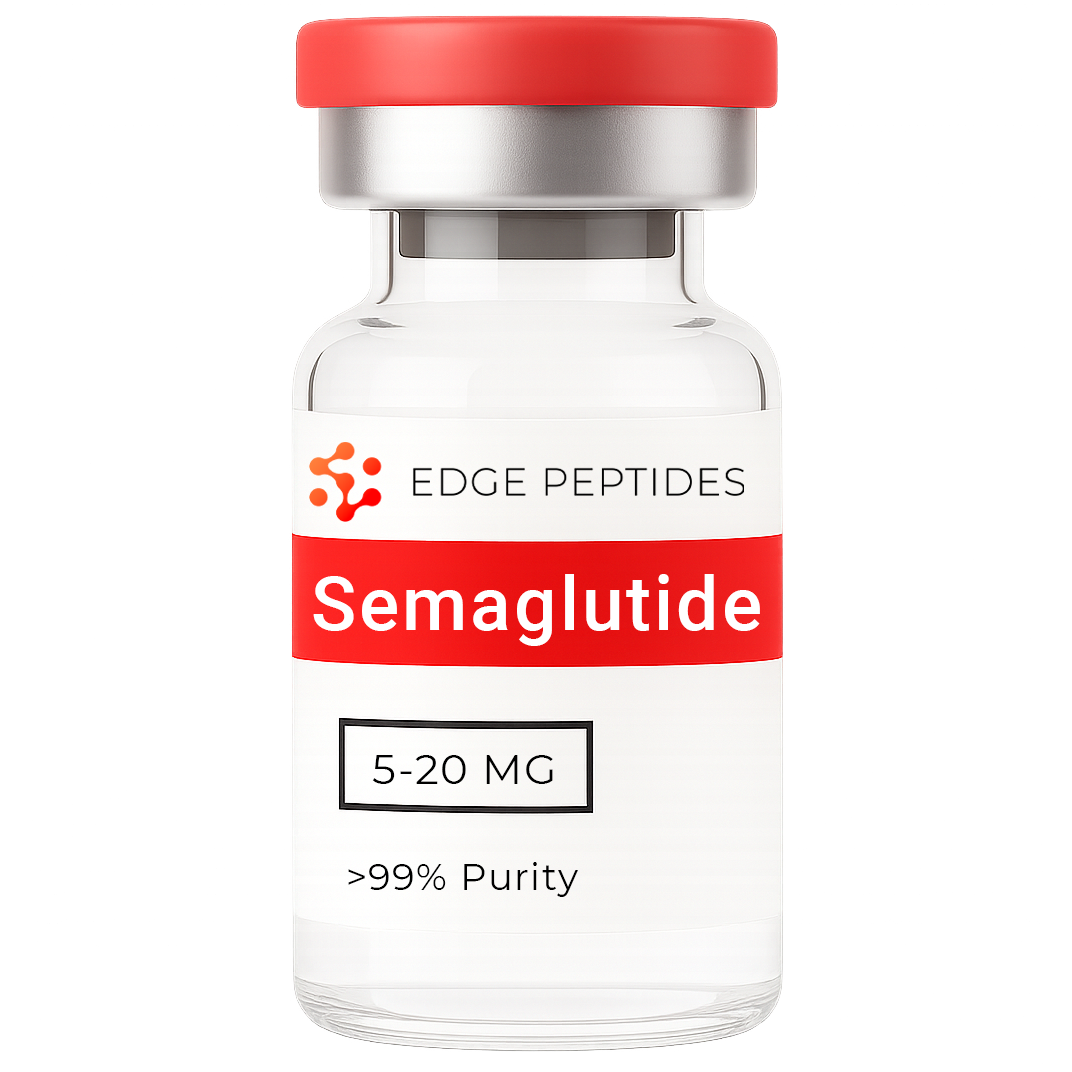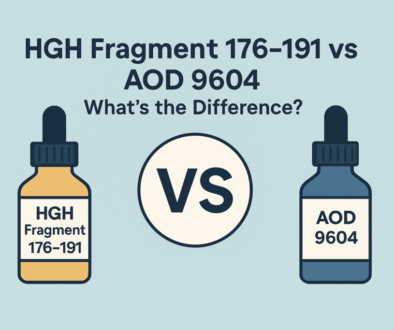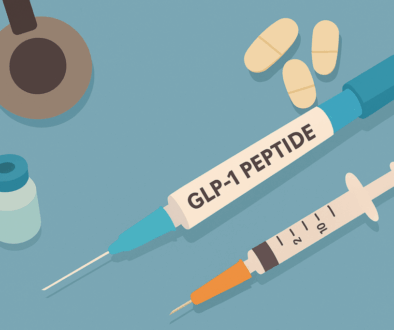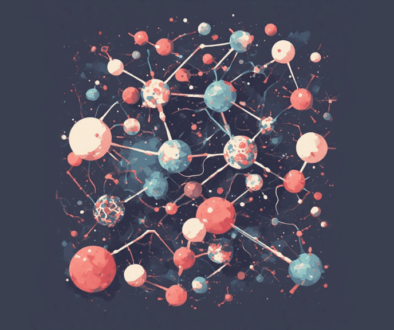Using GLP-1 Peptides to Reduce Alcohol Consumption: What the Science Says
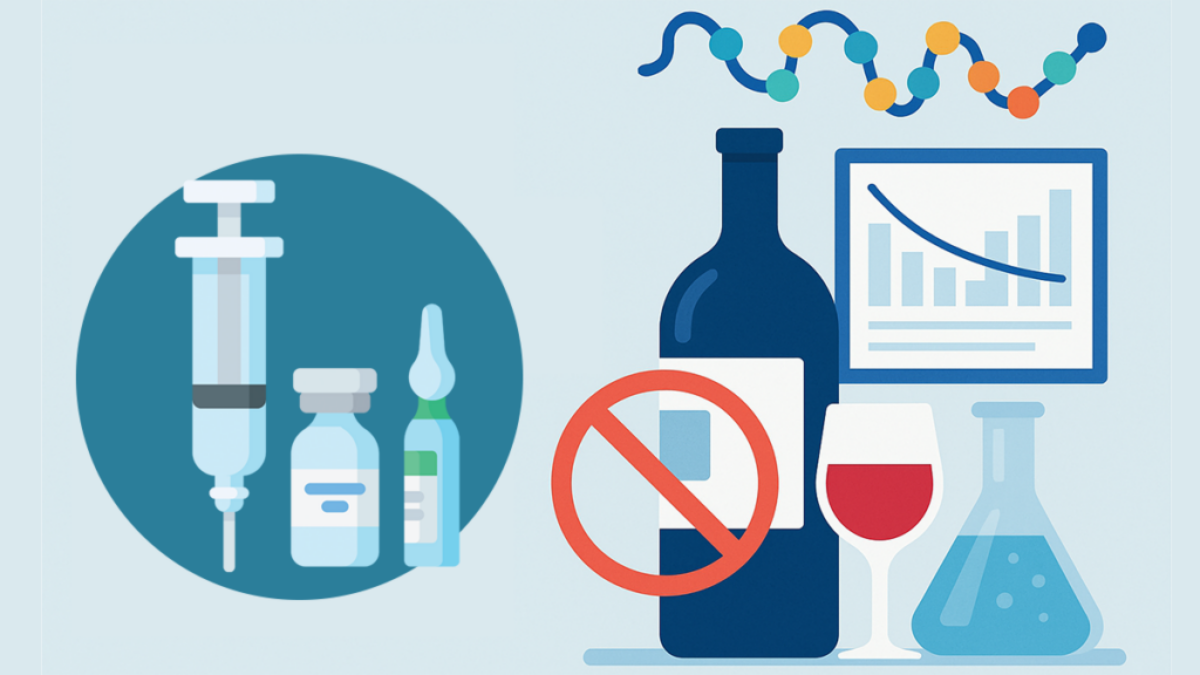
GLP-1 peptides are becoming increasingly popular for weight management. However, researchers and clinicians have observed an unexpected side effect: many people report dramatically reduced alcohol cravings and intake while taking these medications.
This emerging evidence has sparked interest in the potential application of GLP-1 agonists for treating alcohol use disorder (AUD), a condition affecting millions of people worldwide.
Could peptides like semaglutide and tirzepatide offer a new way to quit drinking alcohol? Here’s what the research evidence says.
Quick Summary:
-
GLP-1 peptides like semaglutide and tirzepatide may reduce alcohol cravings and consumption by affecting the brain’s reward system.
-
Studies in both humans and animals show these medications can lower alcohol intake, reduce binge episodes, and decrease the desire to drink.
-
While promising, more research is needed to confirm long-term benefits and determine how best to use GLP-1s for treating alcohol use disorder.
Table Of Contents
How GLP-1 Agonists Work
GLP-1 agonists work in two main ways:
- They copy a natural hormone (GLP-1) made in your intestines that helps control blood sugar, slows down digestion, and makes you feel full.
- They affect your brain’s reward system – the same areas involved in addiction, cravings, and food noise.
Since GLP-1 receptors are found in brain regions that control pleasure and motivation, these medications may make alcohol less enjoyable and reduce the urge to drink by interfering with the brain’s reward response.
GLP-1s & Alcohol: Research Evidence
Multiple recent studies have highlighted the link between GLP-1 agonists and reduced alcohol consumption.
Human Studies
One 2025 clinical trial found that low-dose weekly semaglutide significantly reduced alcohol craving and the amount consumed per drinking day in 48 adults with alcohol use disorder.
Join Our Newsletter — Get 15% Off
Get the latest offers, peptide research insights, and stock updates.
While it didn’t reduce the number of drinking days overall, the study suggests semaglutide may be a promising non-invasive treatment option for reducing heavy drinking, justifying further research.
Additionally, a 2023 study found that individuals with obesity who were taking semaglutide or tirzepatide reported significantly lower alcohol consumption, fewer binge drinking episodes, and reduced alcohol cravings compared to those not on the medications.
Meanwhile, a large 2024 Swedish study looking at data from 227 866 people with alcohol use disorder (AUD) found that those treated with GLP-1 drugs semaglutide or liraglutide had a significantly lower risk of being hospitalized due to alcohol-related issues compared to when they weren’t on these drugs.
Finally, a 2025 review concluded that GLP-1 receptor agonists can reduce alcohol intake, the desire to drink, and the risk of relapse in both animals and humans.
Animal Studies
In a 2023 preclinical study, researchers found that the GLP-1 drug semaglutide significantly reduced binge-like and dependence-induced alcohol drinking in both mice and rats, without impairing motor skills or altering blood alcohol levels.
Additionally, semaglutide modulated GABA signaling in key brain regions involved in addiction, supporting its potential as a promising treatment for AUD.
Meanwhile, in a 2019 systematic review (analysis of pooled results from multiple studies), researchers found that GLP-1 receptor agonists consistently reduced addictive behaviors linked to alcohol, nicotine, cocaine, and amphetamine use in animal studies.
The effects were observed across multiple substances and remained effective with both short-term and, in limited cases, longer-term use, suggesting the potential for these medications to treat multiple substance use disorders (SUDs).
How GLP-1 Agonists Might Reduce Alcohol Consumption
How can GLP-1 peptides like semaglutide reduce alcohol intake? Researchers have a few ideas:
- Effect on brain reward: They can lower the pleasure response (dopamine) from alcohol, making drinking less enjoyable.
- Reduced cravings: By changing hunger signals and brain chemistry, they may decrease the urge to drink.
- Stomach and gut effects: They slow digestion and change gut bacteria, which may reduce interest in alcohol.
- Nausea factor: These medications often cause stomach discomfort and nausea as side effects. When combined with alcohol, this unpleasant feeling might discourage drinking.
- Better self-control: These medications might improve thinking and decision-making abilities, which could help people make better choices about drinking.
Future Research Directions
The intersection of GLP-1 agonists and alcohol use disorder represents an exciting frontier in addiction medicine. Several research directions are currently being pursued:
- Multiple clinical trials specifically examining GLP-1 agonists for alcohol use disorder are underway, with results expected in the upcoming years
- Researchers are investigating whether benefits persist after discontinuation of the medication
- Studies are exploring optimal dosing specifically for addiction treatment versus metabolic applications
- Work is being done to identify which subgroups of patients might benefit most from this approach
- Investigations into potential applications for other substance use disorders, including opioid and stimulant addiction
GLP-1s: Not Just For Weight Loss & Diabetes?
There’s growing evidence that GLP-1 peptides like semaglutide and tirzepatide can reduce alcohol consumption. That means they could help those with alcohol use disorder as well as anyone else interested in reducing their alcohol intake.
While still emerging, the research points to these medications affecting the brain’s reward system in ways that may fundamentally change how individuals experience and crave alcohol.
Still, more evidence is needed before we can say anything for sure. We’ll keep you posted on the latest research developments in this exciting new field.
Shop Peptides
-
- Hendershot, Christian S., et al. “Once-Weekly Semaglutide in Adults With Alcohol Use Disorder: A Randomized Clinical Trial.” JAMA psychiatry (2025).
- Quddos, Fatima, et al. “Semaglutide and Tirzepatide reduce alcohol consumption in individuals with obesity.” Scientific Reports 13.1 (2023): 20998.
- Lähteenvuo, Markku, et al. “Repurposing Semaglutide and Liraglutide for Alcohol Use Disorder.” JAMA psychiatry 82.1 (2025): 94-98.
- Jerlhag, Elisabet. “GLP-1 Receptor Agonists: Promising Therapeutic Targets for Alcohol Use Disorder.” Endocrinology 166.4 (2025): bqaf028.
- Chuong, Vicky, et al. “The glucagon-like peptide-1 (GLP-1) analogue semaglutide reduces alcohol drinking and modulates central GABA neurotransmission.” JCI insight 8.12 (2023): e170671.
- Brunchmann, Amanda, Morgane Thomsen, and Anders Fink-Jensen. “The effect of glucagon-like peptide-1 (GLP-1) receptor agonists on substance use disorder (SUD)-related behavioural effects of drugs and alcohol: a systematic review.” Physiology & behavior 206 (2019): 232-242.

